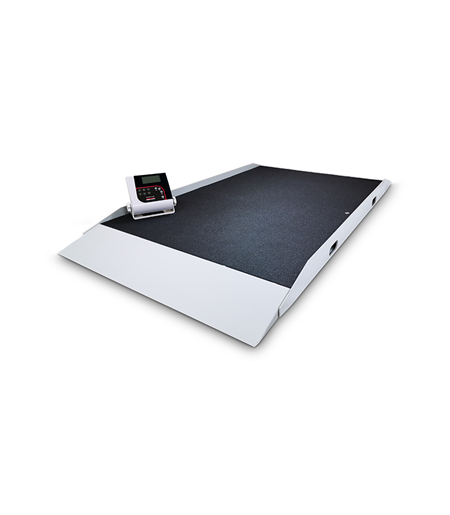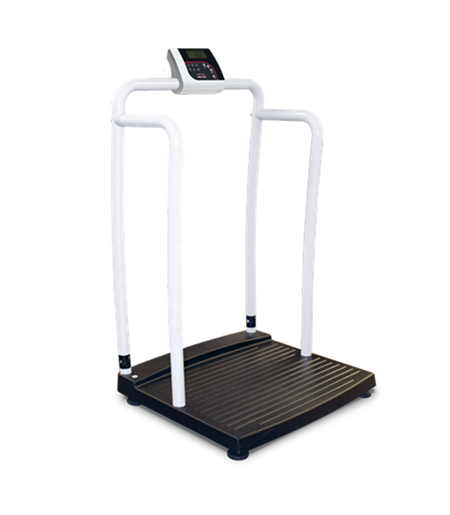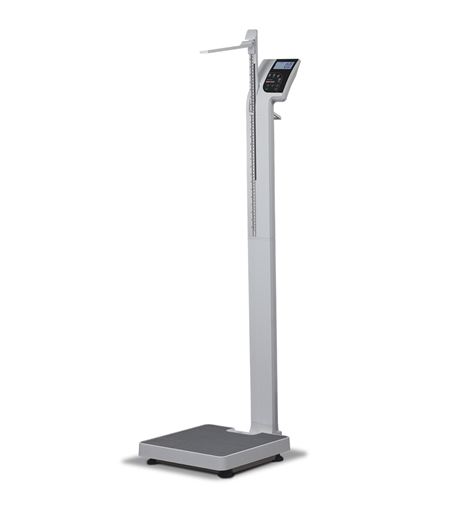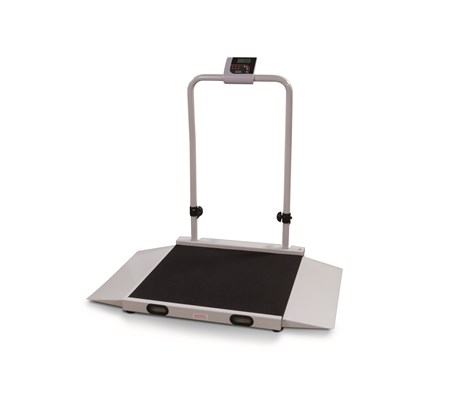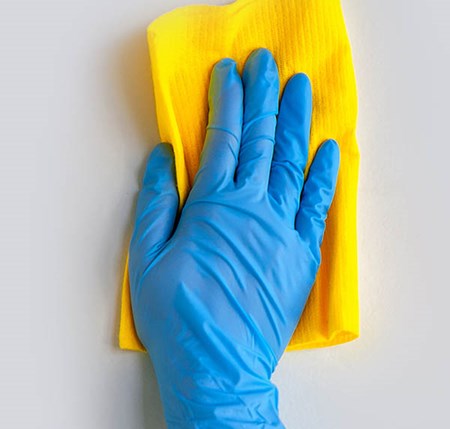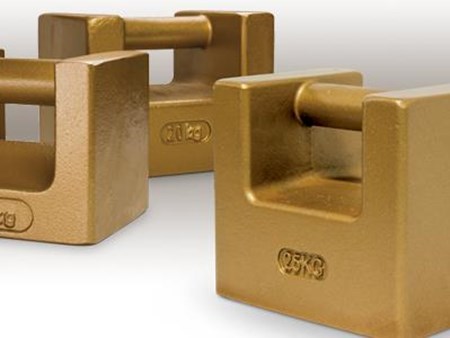Is the website displaying in the correct language? Please confirm or select a different language.
Your region has been set automatically. Please confirm or select a different region.
How Often Should You Calibrate A Medical Scale?
Calibrating A Medical Scale
There are many factors that determine how often to check the weight accuracy or calibrate a medical scale. Typically, it is based on how and where it is used.
To create a calibration schedule, consider:
- How often the scale is used
- If the scale is frequently moved from location to location
- Whether or not weight will determine a patient’s medicinal dosage
There are several events that may require a medical scale to be calibrated outside an established schedule:
- A physical impact which may alter the scale
- Extreme temperature changes
- Installation of replacement parts

Even if one of the above events has occurred, your scale may not need to be calibrated. Pay close attention to your scale’s weight readings. If you observe a significant weight change over a short period of time, it may be time to calibrate. However, the best way to determine whether calibration is necessary is to use a certified calibration weight to check the accuracy of the scale.
Certified Calibration Weights
Certified calibration weights are ideal weights to use for patient scale calibration. They ensure your scale is calibrated properly and ready for the requirements of weighing in healthcare settings. Consumer weights such as barbells or similar items will not provide an accurate weight to check or calibrate your scale. Using a certified calibration weight will ensure your scale is calibrated correctly and presents accurate weighments for proper patient care. Use ASTM Class 6, grip handle, cast iron calibration weights for both imperial and metric medical scales.
Preventative Maintenance
In addition to regular weight accuracy checks with certified weights, performing preventative maintenance inspections is an effective way to keep your medical scale functioning properly. Preventative maintenance inspections allow medical personnel to detect and remedy faulty equipment. All medical scales should undergo regularly scheduled maintenance to prevent equipment failure. This, in conjunction with routing weight checks, will keep your medical scale working properly.
Rice Lake Weighing Systems offers a robust line of medical scales, along with the certified weights needed to check and calibrate them. Available in a variety of models and capacities, Rice Lake healthcare equipment provides safe, comfortable and accurate patient weighing solutions. Visit www.ricelake.com/health for more information about Rice Lake’s medical products.



 My Account
My Account
